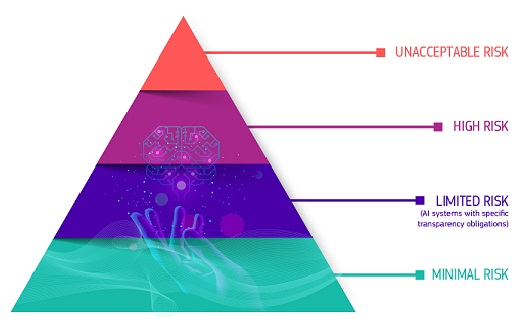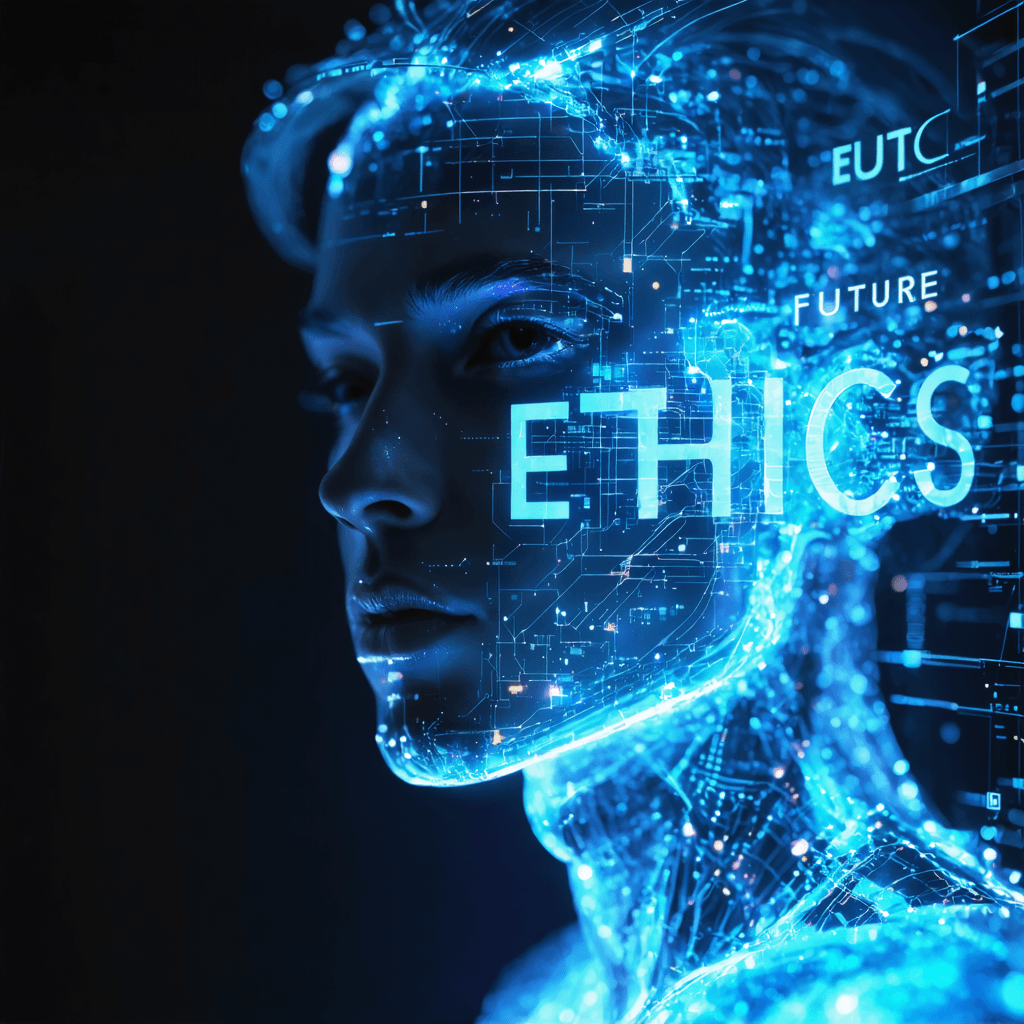AI Ethics: How Responsible Development Could Save Humanity's Future
In an era where artificial intelligence is rapidly transforming our world, the importance of ethical AI development has never been more crucial. As we navigate through 2025, the intersection of technological advancement and moral responsibility presents both unprecedented opportunities and challenges that will shape humanity's future.

The Foundation of Responsible AI Development
The development of artificial intelligence must be grounded in strong ethical principles that prioritize human values, safety, and societal benefit. Recent global initiatives have emphasized the need for a comprehensive framework that ensures AI systems are developed and deployed responsibly.
Key Principles of Ethical AI
Transparency and Accountability
- Clear documentation of AI systems
- Traceable decision-making processes
- Regular audits and assessments
Fairness and Non-discrimination
- Elimination of algorithmic bias
- Equal access to AI benefits
- Diverse representation in development teams
Privacy and Security
- Robust data protection measures
- User consent and control
- Cybersecurity best practices
Current Challenges and Solutions
Addressing Bias in AI Systems
Recent studies have highlighted concerning patterns of bias in AI systems. According to UN Women's February 2025 report, gender bias remains a significant challenge in AI applications. Organizations must actively work to identify and eliminate these biases through:
- Diverse training data
- Regular bias testing
- Inclusive development teams
- Stakeholder consultation

Medical AI Ethics
The World Economic Forum's January 2025 guidelines outline four essential principles for responsible AI in medicine:
- Patient benefit as the primary goal
- Transparency in medical decision-making
- Protection of patient privacy
- Maintaining human oversight

Global Regulatory Framework
The European AI Act
The European Union has taken a leading role in establishing comprehensive AI regulations. As of February 2025, the AI Act provides a structured approach to:
- Risk categorization of AI systems
- Mandatory requirements for high-risk applications
- Transparency obligations
- Market surveillance

The Role of Education and Awareness
Educational initiatives play a crucial role in ensuring responsible AI development. Organizations like MIT RAISE are pioneering K-12 AI education programs that emphasize:
- Ethical considerations in AI development
- Technical skills balanced with humanitarian values
- Critical thinking about AI implications
- Practical application of responsible AI principles
Corporate Responsibility
Major technology companies are increasingly adopting comprehensive ethical frameworks. Google's 2024-2025 Responsible AI report emphasizes:
- User-centric design principles
- Environmental sustainability
- Social impact assessment
- Continuous monitoring and improvement
Future Considerations
As we look toward the future, several key areas require attention:
Environmental Impact
- Energy-efficient AI systems
- Sustainable computing practices
- Carbon footprint reduction
Social Impact
- Job market adaptation
- Skills development
- Economic equality
Governance
- International cooperation
- Standard-setting
- Enforcement mechanisms
Practical Steps for Implementation
For Organizations
- Establish ethics committees
- Implement regular audits
- Provide employee training
- Engage with stakeholders
For Developers
- Follow ethical guidelines
- Document decision-making
- Consider societal impact
- Maintain transparency
For Users
- Stay informed
- Demand accountability
- Participate in discussions
- Report concerns
Taking Action Today
The path to responsible AI development requires collective effort and commitment. By implementing ethical frameworks, maintaining transparency, and prioritizing human values, we can ensure that AI advances benefit all of humanity.
Ready to dive deeper into AI ethics and responsible development? Explore our comprehensive courses and resources at 01TEK. Join a community of forward-thinking professionals committed to shaping an ethical AI future. Visit our website to learn more about our specialized programs in AI ethics and responsible development.
Sources:
My number one piece of advice is: you should learn how to program.
Mark Zuckerberg, founder of Facebook



